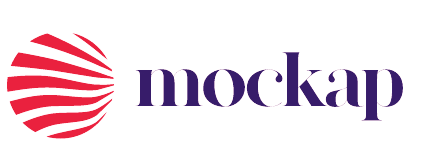Our Blog
Power of recruitments
Mockap offers cutting-edge solutions to enhance and optimize your recruitment processes. From comprehensive
candidate assessments to efficient workflow management, Mockap is your key to unlocking efficiency and
securing top-tier talent. Elevate your recruitment game with Mockap - where precision meets progress.


0 Comment(s)